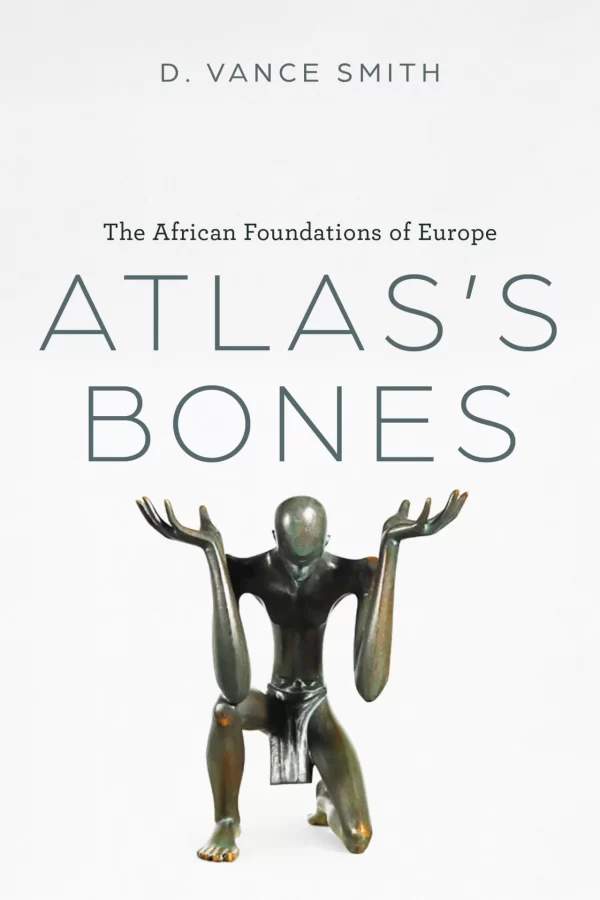Fall 2025 Carleton Lecture
Dr. D. Vance Smith
Professor of English, Princeton University
Kantorowicz’s African Bodies: Anthropology, Sovereignty, Homophobia
Wednesday, October 8, 12-1pm
Commons 221/222
Or via livestream here: https://bates.zoom.us/j/97320631051
Prior to the lecture, there will be refreshments available beginning at 11:30 pm. Attendees are also welcome to bring up their lunch trays from Commons Dining or bring your own lunch from home.
Ernst Kantorowicz helped shaped the way we think of political theology, the charisma of the leader, sovereignty, kingship in Shakespeare, even corporations. He is often regarded as a quintessential European, and not always in a good way: Goring and Hitler both liked his first book (which horrified Kantorowicz). Yet in important ways Africa influenced him personally and intellectually—and vice versa. Ethnography’s complicity in colonialism owed much to the way Kantorowicz helped ethnographers think about power—and to construct modern power in post-independent nations. The phenomenon of the “president for life” and his sacralized body is rooted in this legacy beginning with Kanto—and in the way African leaders use homophobia as an instrument of power.
Dr. D. Vance Smith is a scholar whose work focuses on African and decolonial literature and theory, the history of anthropology, ecocriticism, and medieval philosophy and literature, and their intersections. His 2020 book Arts of Dying: Literature and Finitude in Medieval England (University of Chicago Press, 2002) is the third book in a series examining the medieval limit experience—the philosophy and literature of beginnings, middles, and ends. The first, The Book of the Incipit, concerns beginnings, and the second, Arts of Possession, examines the concept of dwelling in medieval romance and economic theory and practice. His most recent book, Atlas’s Bones: The African Foundations of Europe, will be published by the University of Chicago Press in November. Atlas’s Bones is an intellectual history about 1) the classical and medieval production of knowledges in Africa, and 2) the imposition of medieval structures of knowledge and governance on African colonies.

Formally known as the Emily Carroll ’99 Carleton English Guest Lecture, this college event is funded by the King Family Charitable Lead Trust in honor of the positive experiences of Emily Carleton ’99 at Bates College, and also her graduation from the institution. This fund will, at the discretion of the English department, support guest lecturers on campus for the benefit of Bates students and faculty.
